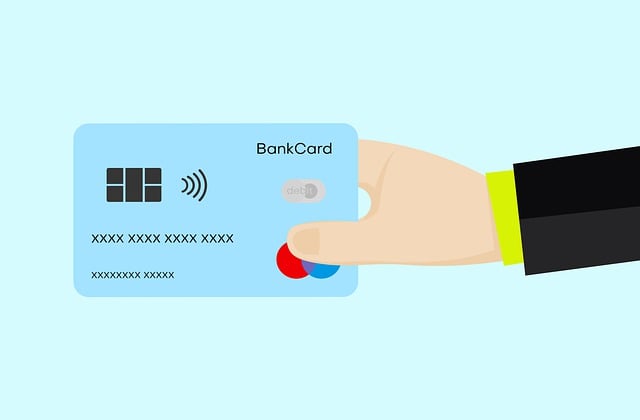Real estate investors should focus on maintaining a low debt utilization ratio (DUR) to ensure financial stability and optimize investment performance. A healthy DUR, achieved through strategic borrowing and responsible spending habits, conserves capital for future opportunities, mitigates risk during economic downturns, and improves access to favorable loan terms. To achieve this, investors should analyze their income and expenses, pay off high-interest debts, build an emergency fund, explore refinancing options, and regularly review their budget. These practices enable better cost management, strengthen credit scores, and ultimately enhance cash flow for future real estate investments or property upgrades.
In the competitive world of real estate investing, managing debt effectively is key to success. Understanding your Debt-to-Income (DTI) ratio and its impact on your financial health can unlock opportunities in a market that often demands significant capital. This article delves into the intricacies of maintaining a low debt utilization ratio, offering strategic insights for property owners aiming to secure their financial future while expanding their real estate portfolio. By exploring proven methods, you’ll gain a competitive edge.
Understanding Debt Utilization Ratio and Its Impact on Real Estate Investing

The debt utilization ratio is a crucial metric for real estate investors to comprehend as it measures the amount of debt used to finance investments relative to the total value of those assets. Essentially, it’s the proportion of funds borrowed compared to the property’s purchase price or equity value. For real estate, maintaining a low debt utilization ratio can significantly impact investment performance and financial stability.
When pursuing real estate opportunities, keeping this ratio in check ensures investors have more capital available for potential returns or future investments. A lower ratio means less financial risk and a stronger ability to weather economic downturns. In contrast, high debt utilization can lead to increased vulnerability, as over-leveraged properties may struggle to generate enough cash flow to cover loan payments, potentially resulting in default or loss of the asset. Thus, investors should strive for balance, aiming to maximize equity participation while managing risk through prudent borrowing practices in the real estate market.
Strategies to Lower and Maintain a Healthy Debt-to-Income Ratio

To lower and maintain a healthy debt-to-income ratio, a strategic approach is essential. Start by reviewing your income and expenses to gain a clear understanding of your financial situation. Identify areas where you can cut back on unnecessary spending, such as dining out or subscription services. Allocate these savings towards paying off high-interest debts first, like credit cards. Building an emergency fund is another key strategy; aim to save 3-6 months’ worth of living expenses in a readily accessible account to avoid future debt.
Additionally, consider refinancing options for long-term debts, such as mortgages or student loans, to secure lower interest rates and shorten repayment terms. In the context of Real Estate, home equity loans or lines of credit can be used strategically to consolidate higher-interest debts, freeing up monthly cash flow. Regularly reviewing and adjusting your budget will help maintain a healthy debt utilization ratio, ensuring financial stability in the long term.
Long-term Benefits of Keeping Low Debt Utilization for Property Owners

Maintaining a low debt utilization ratio, especially as a property owner, comes with significant long-term benefits for your real estate investments. By keeping your debts under control, you enhance your financial stability and flexibility. This means you’ll have more funds available for unexpected repairs or maintenance costs associated with owning property, without the added stress of extra debt payments.
A healthy debt utilization ratio also improves your credit score, which is crucial in the competitive real estate market. It allows you to access better loan terms when it’s time to refinance or take out a new mortgage. This could result in lower interest rates, saving you money over the life of your loan and freeing up cash flow for potential property upgrades or investments.






